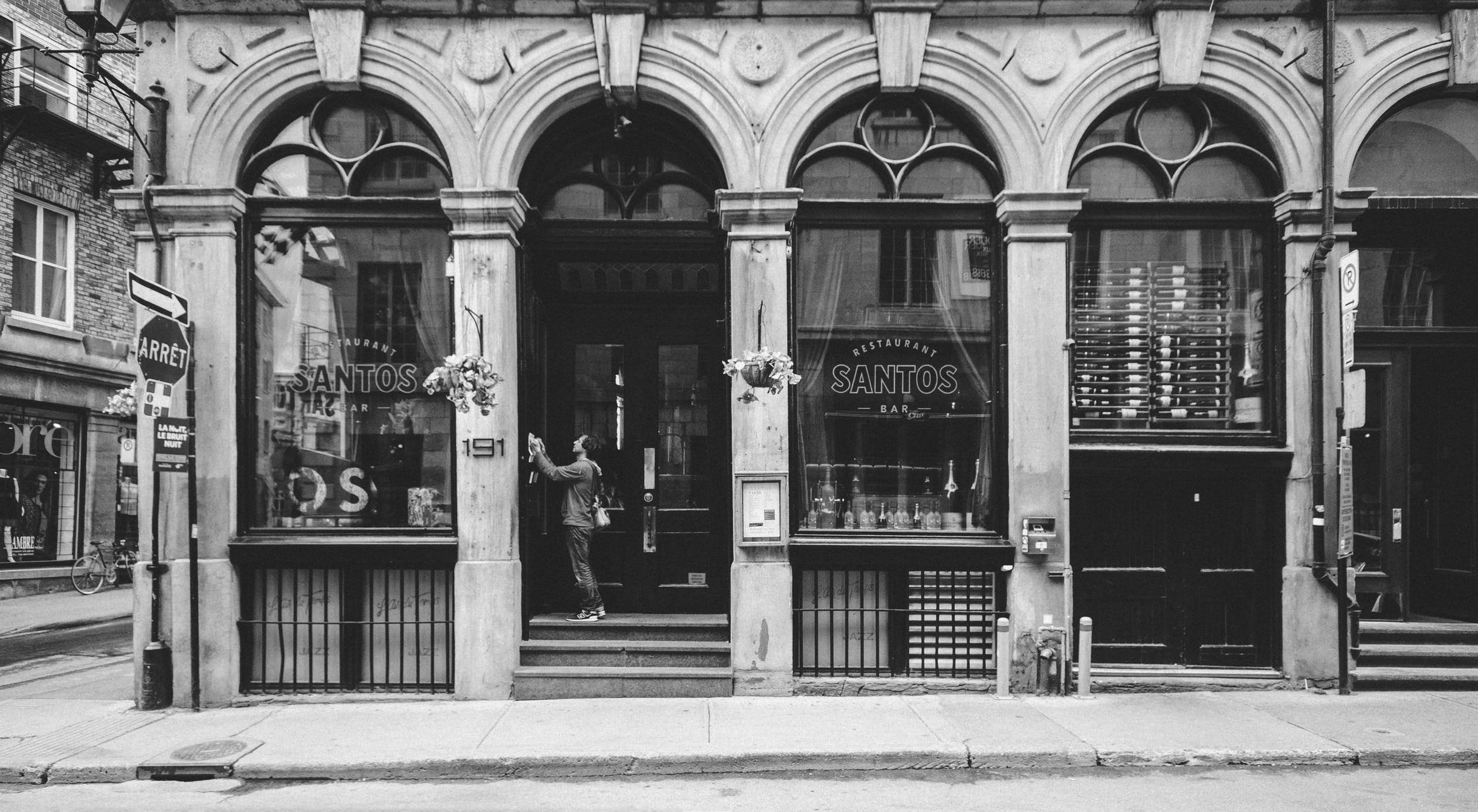Have you registered your tenant’s security deposit on the Personal Property Securities Register? If not, the deposit may be less secure than you think.
A tricky issue for commercial landlords when entering into a new lease of their premises is the type of security to insist upon from the new tenant in order to guard against the tenant defaulting on its obligations. Generally speaking, the main forms of security under a commercial lease are:
- security (bonds) deposits in the form of cash;
- bank guarantees; and
- personal guarantees.
Deposits and the PPSR
A cash security deposit taken by a landlord to secure a tenant’s obligations under a lease creates a “security interest” in favour of the landlord under the Personal Property Securities Act 2009. This security interest can then be registered on the Personal Property Securities Register (PPSR).
The PPSR is a national online register of security interests held over various forms of personal property (not including land and building). It also creates a priority system where, generally speaking, the earlier registrations prevail over later registrations in terms of priority.
Notwithstanding the introduction of the PPSR some years ago, we are finding that many landlords and agents still neglect to register security deposits.
Why is it important to register a security deposit?
A security deposit which is registered can create priority for the landlord over other creditors who are unregistered or registered later.
If a landlord (or its agent) holds a cash security deposit, it does so on behalf of the tenant and the deposit does not become (neither in part or in whole) the property of the landlord. Therefore, a deposit which has not been registered on the PPSR is vulnerable to be lost. It can be required be handed over to a liquidator (or trustee in bankruptcy) to pay other, higher ranking creditors of a tenant in circumstances of the tenant’s insolvency or bankruptcy. This of course leaves the landlord in the unfortunate position of being just another unsecured creditor, lining up in the hope of being repaid something, sometime in the future.
A pertinent example is a recent client with an unregistered security deposit who found themselves in the unenviable position of having the deposit called upon by a trustee in bankruptcy. In that case, the landlord had overlooked a number of defaults by the tenant feeling confident that, if all else failed, the landlord would have the security deposit to cover its losses.
How do I address this boring (but important) issue?
In light of the vulnerability of deposits, and depending upon the particular circumstances of the tenancy, we will often recommend that clients seek bank guarantees rather than deposits which are not susceptible to the same fate as unregistered (or improperly registered) deposits.
Unfortunately, there will often be resistance from a prospective tenant to obtain a bank guarantee due to the fees payable by the tenant for such a bank facility.
If a cash security deposit is unavoidable it is important for landlords to:
- seek personal guarantees in addition to the deposit;
- ensure the lease provides the appropriate consent for a registration of the deposit on the PPSR (and for recovery of costs from the tenant for the registration and removal of the registration at the conclusion of the tenancy);
- complete registration on the PPSR as soon as possible;
- have a trained eye attend to (or look over) the registration to check the security interest is properly described in the registration documentation and not vulnerable to attack.
Indispensable to resolving leasing security issues and disputes is sound legal and commercial advice.
If you need advice regarding security under a lease or in relation to commercial tenancy matters generally, contact a member of our team for on-point, practical guidance.
Joseph Carneli, Senior Associate







